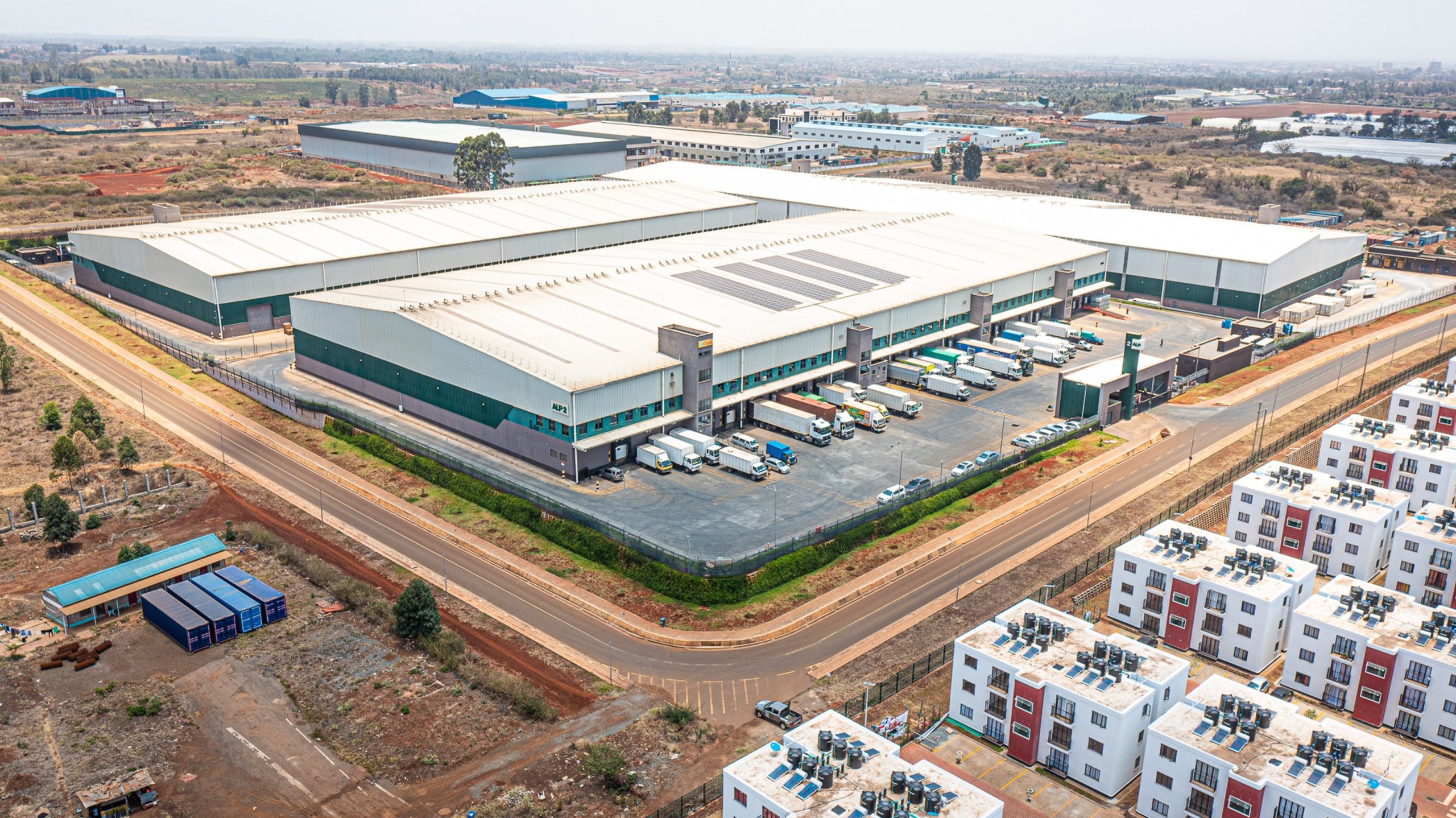Tatu City, Africa’s leading new city development and a Rendeavour flagship urban investment in Sub-Saharan Africa, has reached a total investment value of $3 billion. The figure comprises $2.2 billion from current businesses, brands, and investors, with a further $800 million in the pipeline.
The growth is underpinned by Tatu City’s status as a Special Economic Zone (SEZ), which has made it a focal point for domestic and foreign investment. A Special Economic Zone is a designated area with its own set of economic incentives and regulatory frameworks to attract investment.Tatu City is now home to 40 SEZ-licensed enterprises — accounting for more than half of all SEZ companies in Kenya — cementing its role as a key driver of the country’s industrial and commercial expansion.
In this article
Understanding Special Economic Zones (SEZs)Fiscal Incentives for SEZ Enterprises at Tatu CityNon-Fiscal Incentives and InfrastructureNational Strategic Alignment
Understanding Special Economic Zones (SEZs)
In Kenya, SEZs are regulated by the Special Economic Zones Authority (SEZA) and can include industrial parks, ICT hubs, business service parks, and free trade zones.
Some of the firms with SEZ licences that have already set up in Tatu City include;
Cold Solutions Kiambu SEZ Ltd, Hewa Tele, C.Dorman SEZ Ltd, Fullcare (Kenya) Medical Limited, Dweck Industries, Agriplast Investments
As an SEZ, Tatu City offers investors both fiscal and non-fiscal incentives that reduce costs, ease operations, and accelerate growth.
Fiscal Incentives for SEZ Enterprises at Tatu City
Corporate Income Tax Reduction: 10% for the first 10 years, rising to 15% for the next 10 years, and to the standard 30% rate after.
Withholding Tax Exemptions: Interest, management and professional fees, and royalties paid to non-residents for the first 10 years (subsequently 5%) dividends paid to both residents and non-residents.
Zero-rated VAT: Goods and services sold to the SEZ are zero-rated (standard: 16%), with goods from Kenya to SEZ treated as exports from Kenya.
Import Duty Exemption: Full exemption on goods brought into the SEZ (standard: ~30%).
Stamp Duty Exemption: 0% duty on property transactions (standard: 4%).
Capital Investment Deduction: 100% allowance for qualifying investments.
Capital Gains Tax Exemption: Exempt from the 15% standard rate.
Non-Fiscal Incentives and Infrastructure
One-Stop Shop: Centralized access to work permits, construction approvals, SEZ licensing, and customs clearance.
Critical Infrastructure: Over 70 km of tarmacked roads, 30 million-litre water storage for scale and consistent supply, and 135 MVA of available power — 99.8% uptime and 16% cheaper than Nairobi’s average.
Fast Approvals: Development permissions issued within 60 days; SEZ licenses within 45 days.
Security: Protection from the National Police’s Critical Infrastructure Protection Unit (CIPU) and 250 on-site security personnel.
Expatriate Permits: Guaranteed for up to 20% of the workforce.
National Strategic Alignment
Tatu City’s development supports Kenya Vision 2030 and other national economic blueprints. Its rapid expansion has created thousands of 25,000 jobs while anchoring new industries in manufacturing, logistics, and services.
RELATED; Tatu City’s Telco Crosses 1,000 Customers, 85kms Fibre Network Milestone


